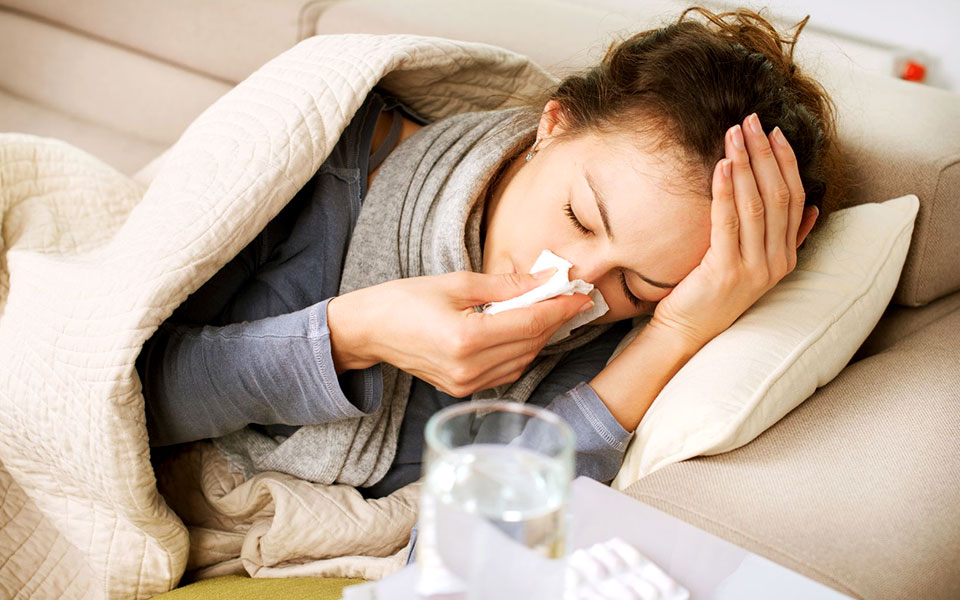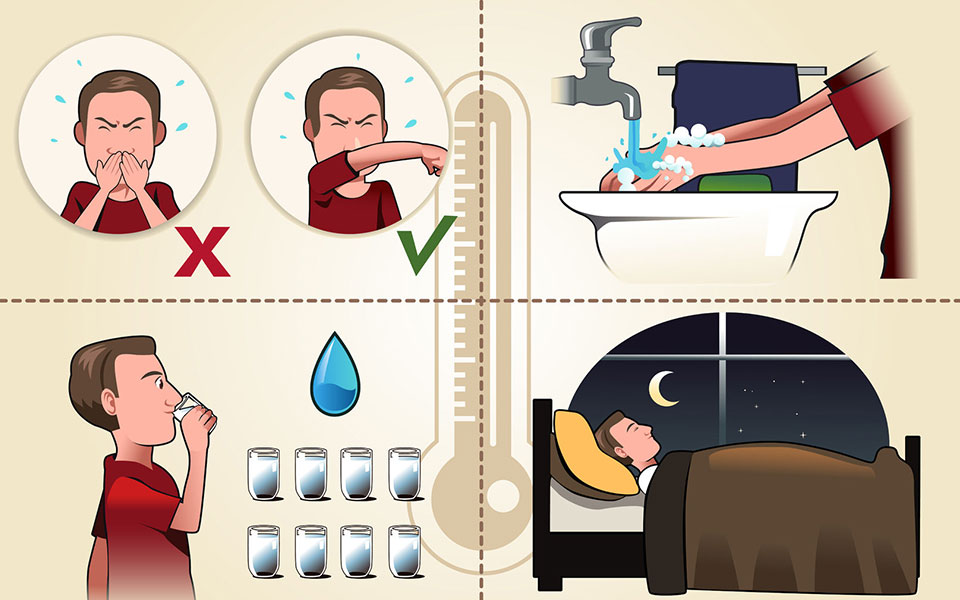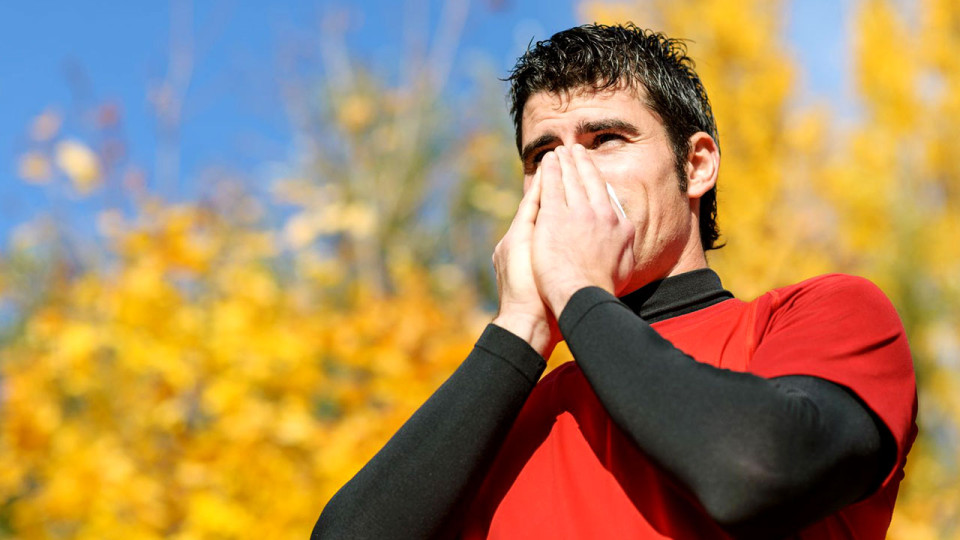Every year, we face another mutation of the flu virus. This deadly disease changes its genetic makeup every year, making it difficult for doctors to adapt to its new form. The flu can originate in pigs or birds and then make the leap to humans by mutating. Instances peak every year in flu season, and the medical world always tries to have a new vaccine ready each year for the new mutations that have appeared since last flu season.
Worldwide Flu
The flu makes its presence known all over the world. While it generally only kills the elderly and people who already have compromised immune systems, the Spanish Flu of 1918 killed more people than the First World War and hit the population without discrimination. The flu is especially dangerous in Asia due to the fact that farmers in this region come into the most direct contact with pigs and chickens. Tight living conditions also create an idea environment for the flu to jump from the swine or avian hosts to human ones, possibly kicking off an epidemic.
Physical Health and the Flu
Running can help fight off viruses like the flu by strengthening the human body. With the notable exception of the Spanish Flu, the flu virus tends to affect people who are physically weak and inactive, like the old. Young adults and middle-aged people who escape the virus are stronger and more physically fit. Because it strengthens the cardiovascular system as well as the muscles in a natural way, running is a powerful form of exercise. Staying strong and healthy makes the immune system stronger, giving the human body a better chance at fighting off the flu virus without serious symptoms. Nothing can totally prevent the flu, but running can lower the risk of an infection resulting in serious symptoms.

Avoiding Contact
Additionally, depending on the location of the run, the sport may help runners avoid potential contact with flu infection vectors. Flu is relatively easy to catch from another human who already has the disease. Running, however, is a sport which someone who is sick will find hard to participate in. Time spent running in a group of healthy people, or running alone, is time not spent in the company of the potentially infected. Think about it! Going for a long jog to get out of the house when one or more members of the family are sick is a good way to reduce the possibility of catching the virus.
Safe Running
When running, always be sure to have adequate safe water on hand. This is especially important for trips into international or unfamiliar areas, which may have water that is unsafe to drink. When travelling to another country, do some research and consult your government to see if it is important to get some vaccinations. Each country has a unique set of health risks, so if you are travelling abroad, it might be a good idea to get a vaccine against that country’s health threats. This holds for the flu as well since some regions are more susceptible to the virus than others—so think about getting a vaccine before your next running trip!
Precautions
You might be worried about getting the flu anyway and just want to be able to keep running safely. Here are a few good precautions you can take to limit your exposure to the flu:
- First of all, never share a bottle of water with anyone, especially if they seem to be sick. This is an easy way to cut down on potential infections.
- Next, try to limit physical contact with people who are sick with the flu. The flu spreads more easily when people are close together. The flu spreads through droplets in the air, but the droplets cannot travel far away from an infected person.
- Lastly, if you still worried about catching a flu in a closed environment like the gym, you can always run in open space area.

Don’t Run Sick
If you think that you already have the flu, it is a good idea to stop running. To begin with, running and being outside can expose other people to the virus. You don’t want to give the flu to anyone else, do you? Moreover, it’s a good idea to rest and drink fluids whenever you are sick, especially with the flu. Running zaps away energy that your body needs to fight off the virus, and it also makes you sweat out water that you need for the same reason. Furthermore, if the symptoms of the flu are sufficiently uncomfortable, it won’t be easy or fun to run anyway. You will feel very unwell and might not be able to spend much time out of bed, let alone running. Wait till you have fully recover—at least a week!—before participating in strenuous activities.
Staying physically active and healthy can go a long way towards making sure you don’t get sick. Getting a vaccine can help a lot, though. Take all medical precautions your government advises during each new flu season—remember, the virus changes annually.
How do I protect myself from flu?
1. Limit physical contact 2. Never share food or drink with anyone 3. Wash your hands often 4. Get vaccinated
Should I exercise to prevent flu?
Yes, exercise helps you to stay strong and healthy makes the immune system stronger to keep off flu.
Can I run if I have flu?
Yes, you can. Running can help fight off flu viruses by strengthening the human body. But if you are having a fever, it is best to take a rest instead.
How I can avoid getting the flu when my family has it?
1. Get a vaccinated 2. Avoid physical contact 3. Wash your hands often 4. Drink plenty of fluids 5. Stay active





